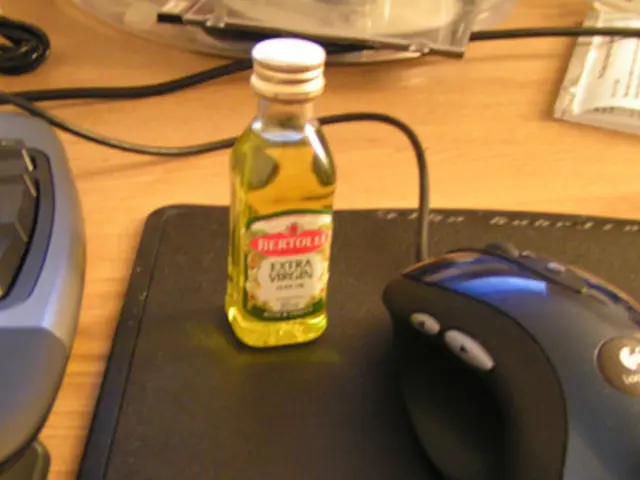Contaminated Listeria discovered in cheeses sold at U and Lidl supermarkets, posing a health risk
Breaking News: Recall of Cheeses Contaminated with Listeria Monocytogenes
A recent recall of several cheese products by brands Chêne d'Argent and U, sold in French stores U and Lidl, has been issued due to contamination with the bacterium Listeria monocytogenes. This bacterium causes the infection known as listeriosis.
What is Listeriosis?
Listeriosis is a serious infection that can cause symptoms such as fever, headaches, muscle aches, severe headaches, nausea, vomiting, diarrhea, and in severe cases, neurological symptoms such as confusion, loss of balance, and convulsions. The infection can also lead to behavioral changes and meningitis or meningoencephalitis.
Who is at Risk?
Pregnant women, the elderly, young children, and individuals with weakened immune systems are particularly vulnerable to serious and life-threatening infections from listeriosis. Pregnant women may experience mild flu-like symptoms but risk premature delivery, infection of the newborn, or stillbirth.
Recalled Cheese Products
The recalled cheeses include Camembert wheel, Coulommiers cheese under Chêne d'Argent brand, oval cheese "Le Doucrémeux" under Chêne d'Argent brand, pasteurized cheese "Le Carré 23%", and camembert under the U brand.
Symptoms and Precautions
If anyone who consumed the recalled cheese develops these symptoms, prompt medical consultation specifying possible Listeria exposure is essential. People who have consumed these cheeses should report this consumption to Recall Conso.
Given that Listeria can grow at refrigeration temperatures, vigilance is critical for cheese and other refrigerated ready-to-eat foods. The Ministry of Agriculture and Food Sovereignty explains that symptoms of listeriosis vary from no clinical signs to severe neurological disorders.
The incubation period for listeriosis can range up to eight weeks, so it's crucial to be aware of the symptoms and take precautions even if they develop weeks after consuming the contaminated cheese.
Avoiding the Recalled Cheeses
The recalled cheeses should not be consumed and should be returned or discarded. The recall was reported on Saturday, August 9 on the consumer recall website Recall Conso.
Stay informed and protect yourself and your loved ones by being vigilant about potential food contaminations and following recall notices. For more information on listeriosis, consult your healthcare provider or local health department.
[1] Centers for Disease Control and Prevention. (2021). Listeria. Retrieved from https://www.cdc.gov/listeria/index.html [2] Food and Drug Administration. (2021). Listeria monocytogenes. Retrieved from https://www.fda.gov/food/bacterial-food-safety-basics/listeria-monocytogenes [3] European Centre for Disease Prevention and Control. (2021). Listeria monocytogenes. Retrieved from https://ecdc.europa.eu/en/listeria-monocytogenes [4] World Health Organization. (2021). Listeria. Retrieved from https://www.who.int/news-room/fact-sheets/detail/listeria [5] Ministry of Agriculture and Food Sovereignty. (2021). Listeria monocytogenes. Retrieved from https://www.minagric.gouv.fr/listeria-monocytogenes
Read also:
- Skincare products, including an anti-sebum cream, cleanser, and moisturizer, embolden a positive outlook towards one's skin.
- Fraudulent misappropriation of funds intended for terminally ill adolescents in Munich
- Woman in Texas files lawsuit against Marine, alleging drug-laced beverage with aborted fetus medication
- Instructions for Harmonizing Fitbit with Your Apple Device








